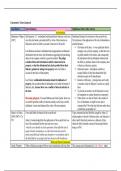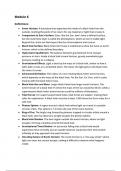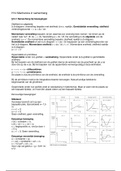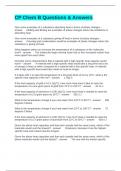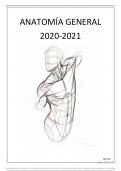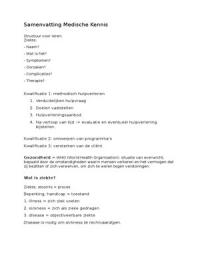Overig
Case Table: Constructive Trusts
- Vak
- Instelling
Case table produced by a 1st class student. Includes: - Ratio/judgments - Significance of case e.g. policy reasonings of judgment - Link to other cases This case table is for constructive trusts in the Equity and Trusts course. Includes sub-topics of: - Bribes and secret commissions - No ...
[Meer zien]
